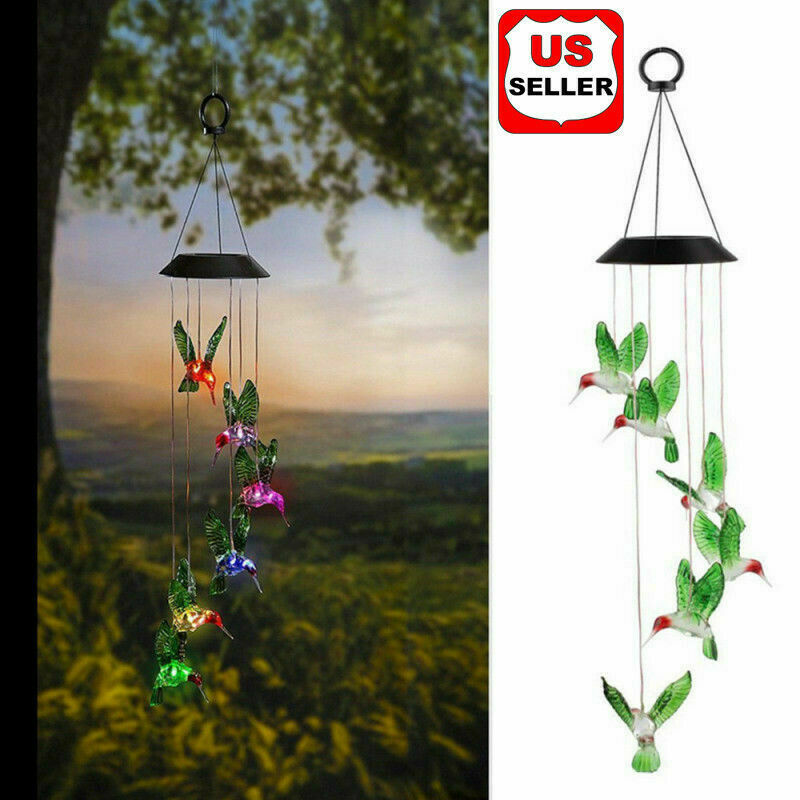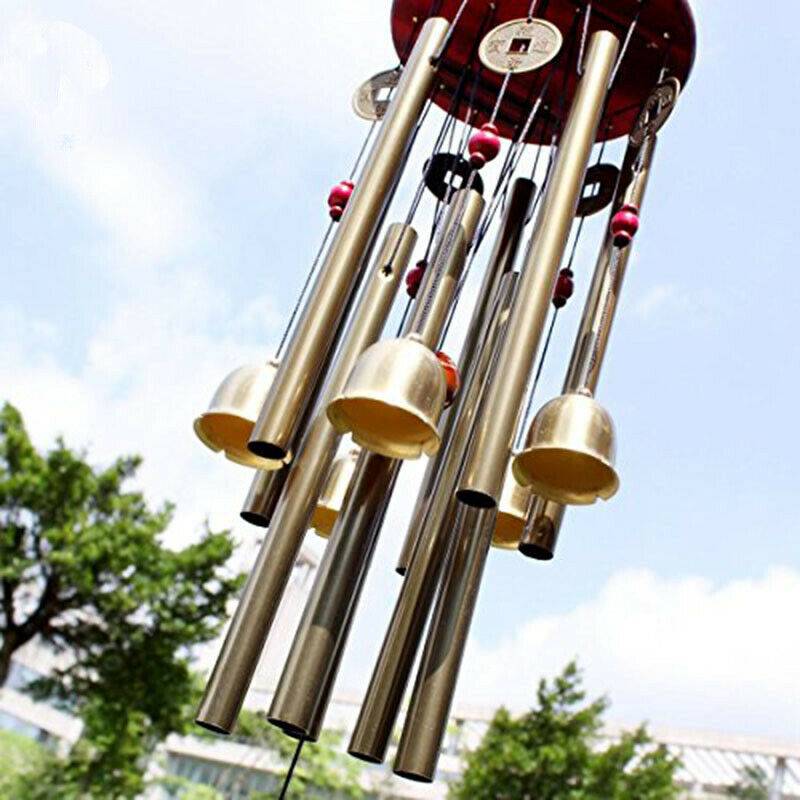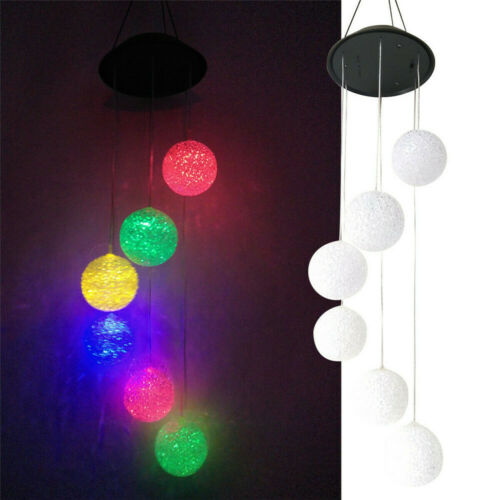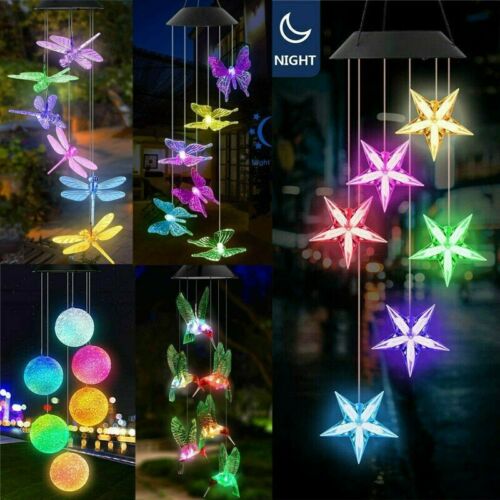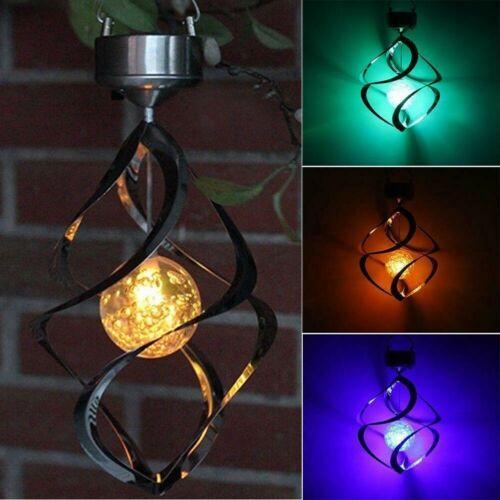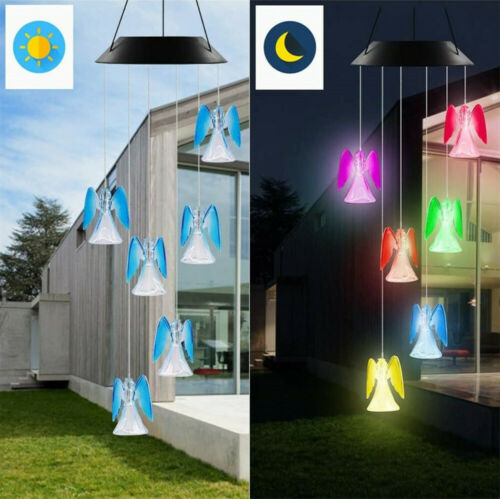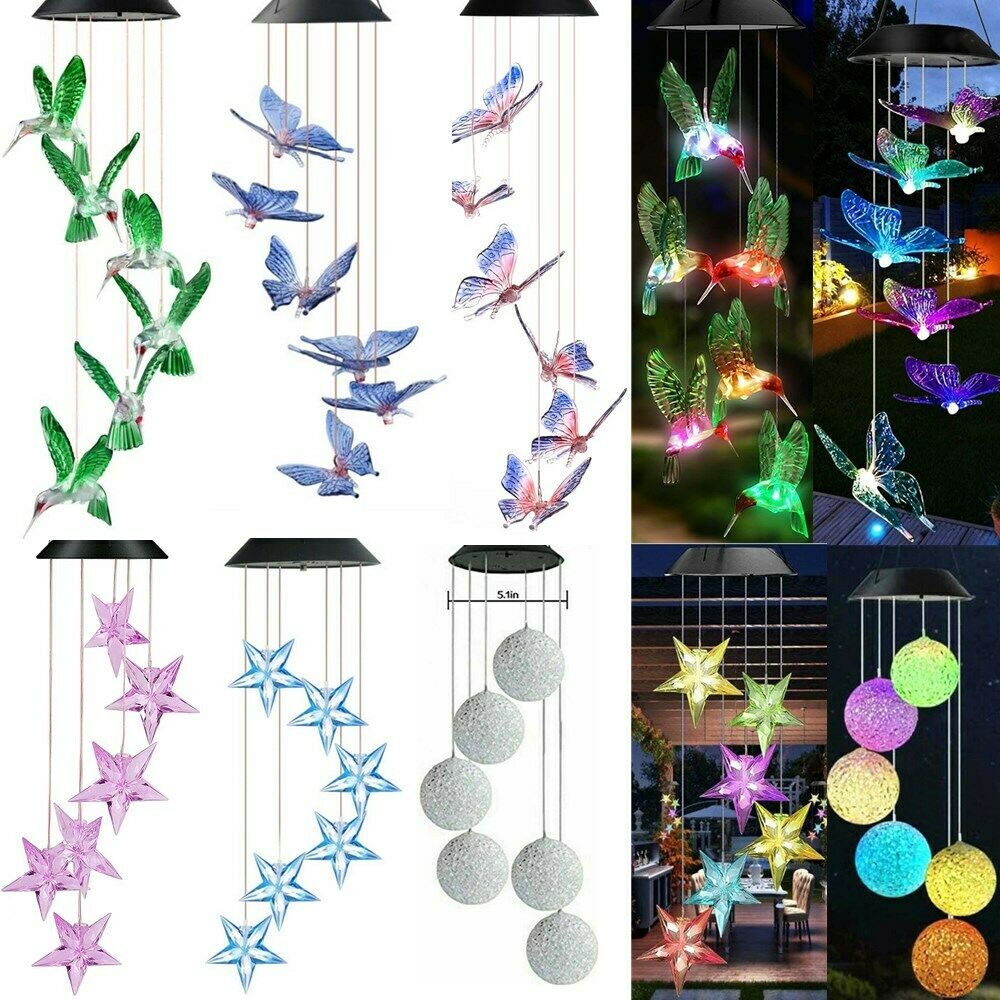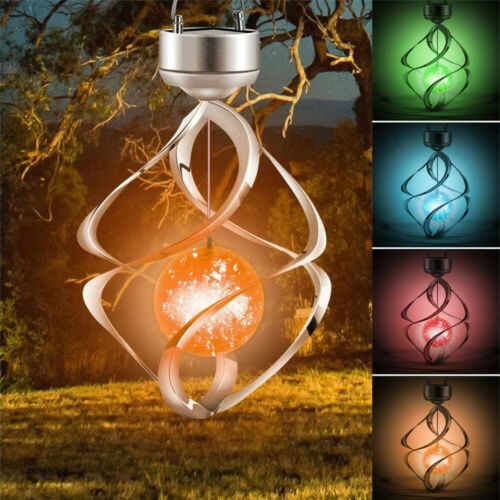-40%
Handcrafted Odawara Sahari Fuurin (S) (Japanese Wind Bell of Highest Class)
$ 81.84
- Description
- Size Guide
Description
Attention:Our handling time is about 5 business days when there is the stock.
Our handling time is about 1 month when there is not the stock.
Also, the size, the shape, the color and the sound may vary slightly.
EMS or UPS Expedited is used for the free shipping with tracking and insurance services.
Product Details:
Height: 54mm, Diameter: 51mm
Materials: Copper & Tin Strip of paper: Yosegi-zaiku (URL: en.wikipedia.org/wiki/Yosegi)
Workshop: Odawara Casting Research Institute
The sound of this wind bell is very wonderful. First of all, please listen by following URL.
URL:
http://youtu.be/2Kq_WGm1fAY
This wind bell is metallic and emits the sound long. It is called the wind bell of
highest class
as a metallic wind bell in Japan.
Also, you can buy some wind bell stands:
http://www.ebay.com/itm/322420908508
http://www.ebay.com/itm/323100929073
There is the following kinds of metallic wind bells in Japan.
- There is a Nanbu wind bell of the Nanbu ironware of the traditional craft of Iwate Prefecture made of cast iron. The origin is 101x.
- There is a Takaoka wind bell of the Takaoka copperware of the traditional industry of Toyama Prefecture made of brass. The origin is 1609.
- There is a Odawara wind bell of the Odawara Sahari of the traditional craft of Kanagawa Prefecture made of casting. The origin is 1172.
This wind bell is made of Sahari. The Sahari is an alloy that mixed tin with copper. The alloy that is melted to 1300℃ is poured into the sand mold, and the wind bell is made.
Regarding the handmade Odawara Sahari wind bell, the number of production is few, difficult obtaining, and valuables.
Because this wind bell especially includes a lot of tin, the high pitched, long and clear lingering sound brings you comfort.
The sound analysis, the metallic mixing and the heat-treatment, etc. have been researched. And then this wind bell is the one that "Ultimate comfort sound and natural beauty of appearance" has been pursued.
The surface of this wind bell is made as temperature, glaze and flame power react with the metal.
Material comparison results in workshop
materials
lingering
sound
double peak
frequency
cycle
Nanbu ironware
(cast iron)
5.8s
2,810Hz 2,845Hz
7,570Hz 7,665Hz
0.03s
Takaoka copperware
(brass)
3.2s
4,055Hz 4,210Hz
0.08s
Odawara Sahari
(casting)
10.3s
2,820Hz 2,827Hz
7,545Hz 7,686Hz
0.21s




